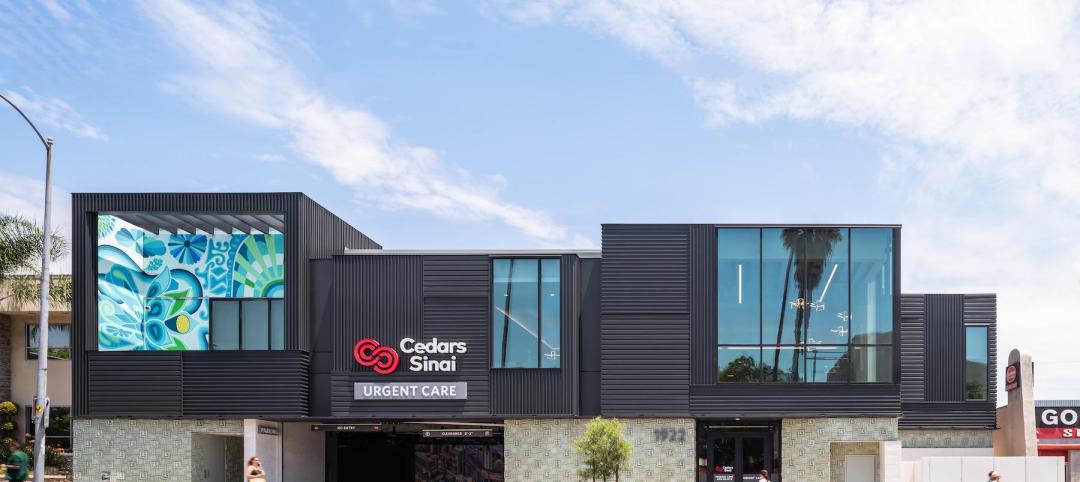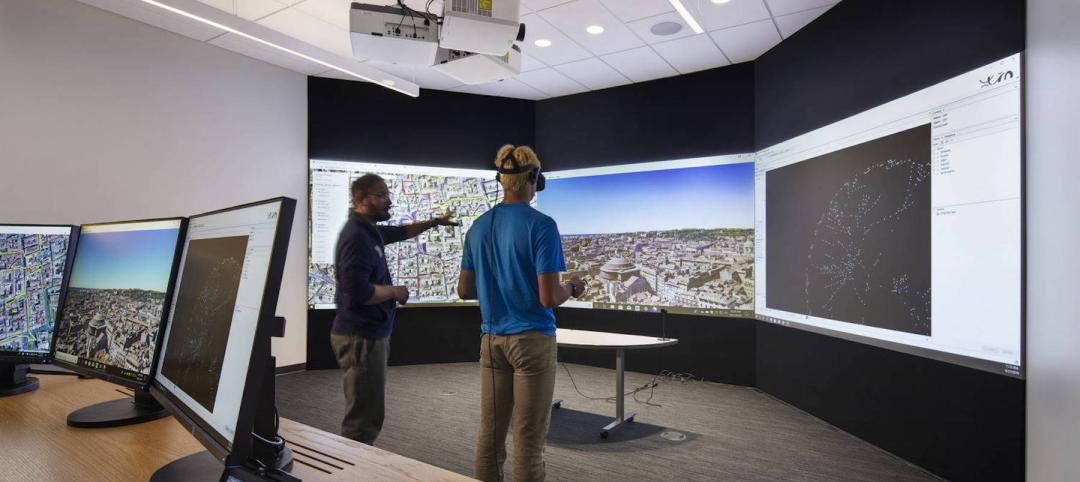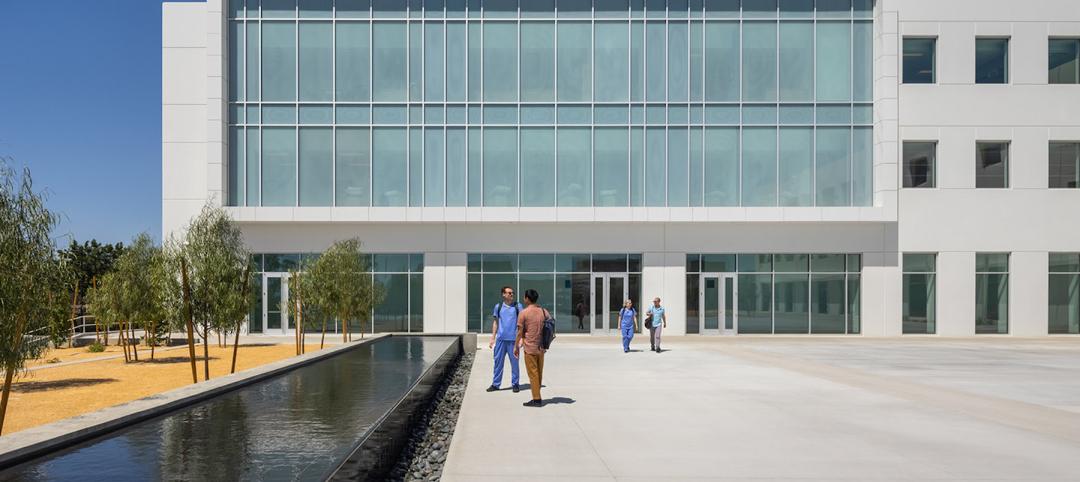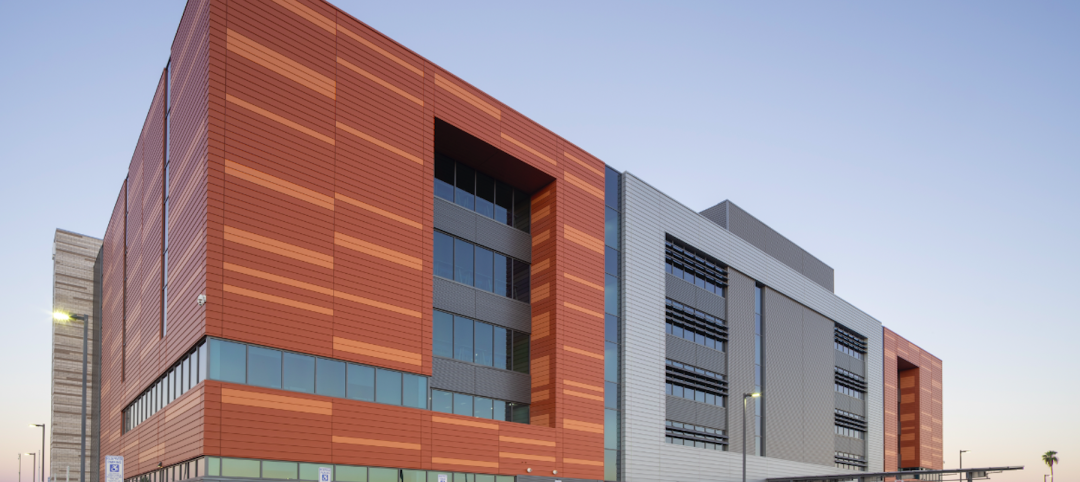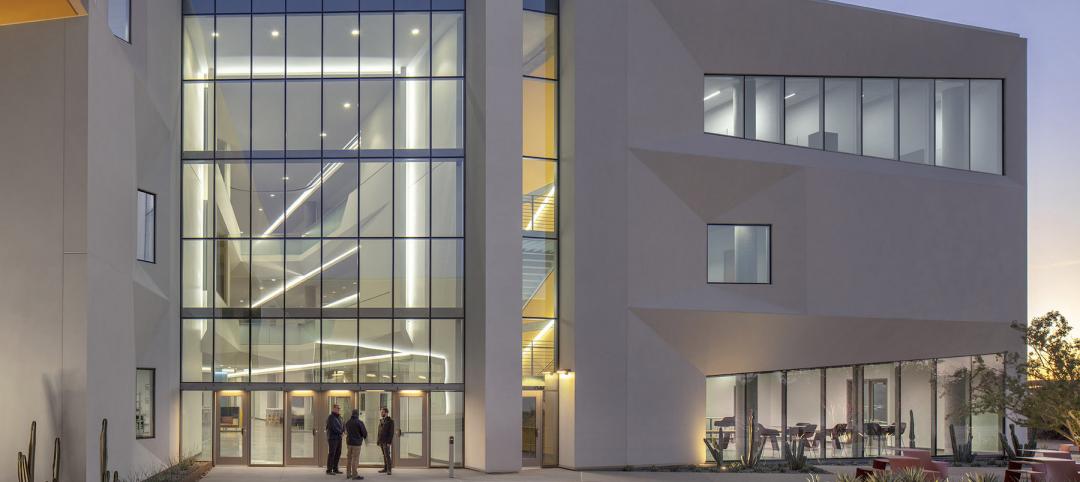In the first quarter of 2016, there were 163 transactions of medical office buildings totaling more than $1.8 billion in volume, according to estimates by CBRE, the nation’s largest real estate services provider, in its latest “National Healthcare Real Estate Investor Update.”
By far the largest transaction occurred last January, when a joint venture between Chicago-based Heitman Capital and Denver-based NexCare Group paid $199 million to acquire the 227,628-sf First Hill Medical Pavilion in Seattle.
That facility, which last year underwent an extensive renovation and 63,000-sf addition, is positioned adjacent to the Swedish Medical Center campus that’s part of Providence Health & Services healthcare system, which leases 65% of First Hill. (The architect of the reno and expansion was CollinsWoerman; the GC was Lease Crutcher Lewis.)
CBRE observes that the healthcare section continues to be “one of the strongest job generators in the American economy.” Quoting Bureau of Labor Statistics data, CBRE notes that between April 2015 and April 2016, healthcare produced 482,000 jobs, or roughly 18% of the 2.7 million nonfarm jobs formed in the U.S. during that period.
Last year, the number of uninsured Americans stood at 9.1% of the total population, the first time in the country’s history that number had fallen below 10%. Last year’s future compares to 16% in 2010, the year the Affordable Care Act was enacted.
CBRE also points to a recent Accenture study of six years of hospital margin data and patient satisfaction scores. Top-ranking hospitals achieved markets that, on average, were 50% higher than those with average scores. The top hospitals’ revenue growth also outpaced their operating expenses.
The healthcare sector could become even more attractive to certain investors after new regulations went into effect in April that mandate greater transparency and disclosure for non-traded REITs in such areas as per-share valuation and dividend distribution.
The new regs prohibit the public offering of securities of a REIT or direct participation program unless the sponsor agrees to annually disclose (at a minimum) the per-share value of each security.
“Investors of non-traded healthcare REITs now stand to benefit from these regulations aimed at fundamentally revising this investment product that has long been characterized with nontransparent share prices and high commissions,” CBRE writes. “Healthcare real estate is still very much in demand and will continue to attract broker-dealers to offer the non-traded REIT products. The existing sponsors in the market are expected to continue to thrive while making it more difficult for new sponsors to enter the space.”
Related Stories
Daylighting | Aug 18, 2022
Lisa Heschong on 'Thermal and Visual Delight in Architecture'
Lisa Heschong, FIES, discusses her books, "Thermal Delight in Architecture" and "Visual Delight in Architecture," with BD+C's Rob Cassidy.
| Aug 16, 2022
Cedars-Sinai Urgent Care Clinic’s high design for urgent care
The new Cedars-Sinai Los Feliz Urgent Care Clinic in Los Angeles plays against type, offering a stylized design to what are typically mundane, utilitarian buildings.
| Aug 15, 2022
IF you build it, will they come? The problem of staff respite in healthcare facilities
Architects and designers have long argued for the value of respite spaces in healthcare facilities.
AEC Tech | Aug 8, 2022
The technology balancing act
As our world reopens from COVID isolation, we are entering back into undefined territory – a form of hybrid existence.
| Aug 3, 2022
Designing learning environments to support the future of equitable health care
While the shortage of rural health care practitioners was a concern before the COVID-19 pandemic, the public health crisis has highlighted the importance of health equity in the United States and the desperate need for practitioners help meet the needs of patients in vulnerable rural communities.
Healthcare Facilities | Aug 1, 2022
New Phoenix VA outpatient clinic is one of the largest veteran care facilities in the U.S.
The new Phoenix 32nd Street VA Clinic, spanning roughly 275,000 sf over 15 acres, is one of the largest veteran care facilities in the U.S.
Building Team | Jul 12, 2022
10 resource reduction measures for more efficient and sustainable biopharma facilities
Resource reduction measures are solutions that can lead to lifecycle energy and cost savings for a favorable return on investment while simultaneously improving resiliency and promoting health and wellness in your facility.
Healthcare Facilities | Jun 22, 2022
Arizona State University’s Health Futures Center: A new home for medical tech innovation
In Phoenix, the Arizona State University (ASU) has constructed its Health Futures Center—expanding the school’s impact as a research institution emphasizing medical technology acceleration and innovation, entrepreneurship, and healthcare education.
Healthcare Facilities | Jun 20, 2022
Is telehealth finally mainstream?
After more than a century of development, telehealth has become a standard alternative for many types of care.
Codes and Standards | Jun 14, 2022
Hospitals’ fossil fuel use trending downward, but electricity use isn’t declining as much
The 2021 Hospital Energy and Water Benchmarking Survey by Grumman|Butkus Associates found that U.S. hospitals’ use of fossil fuels is declining since the inception of the annual survey 25 years ago, but electricity use is dipping more slowly.




